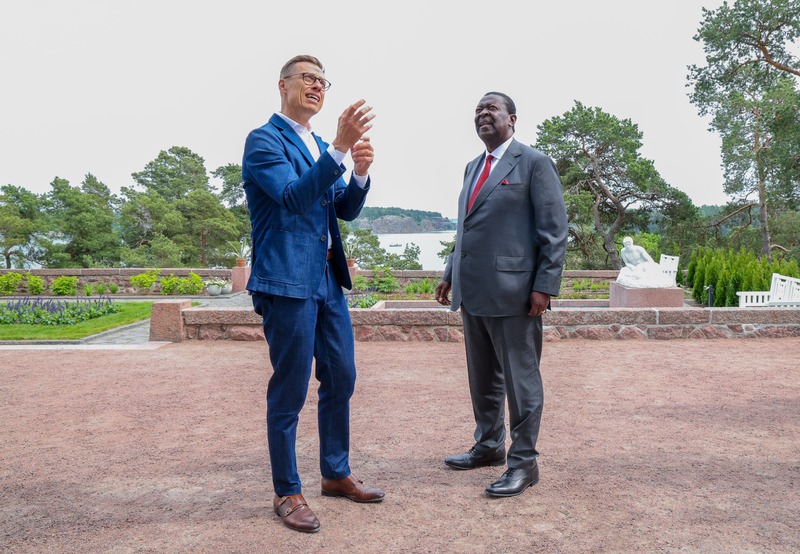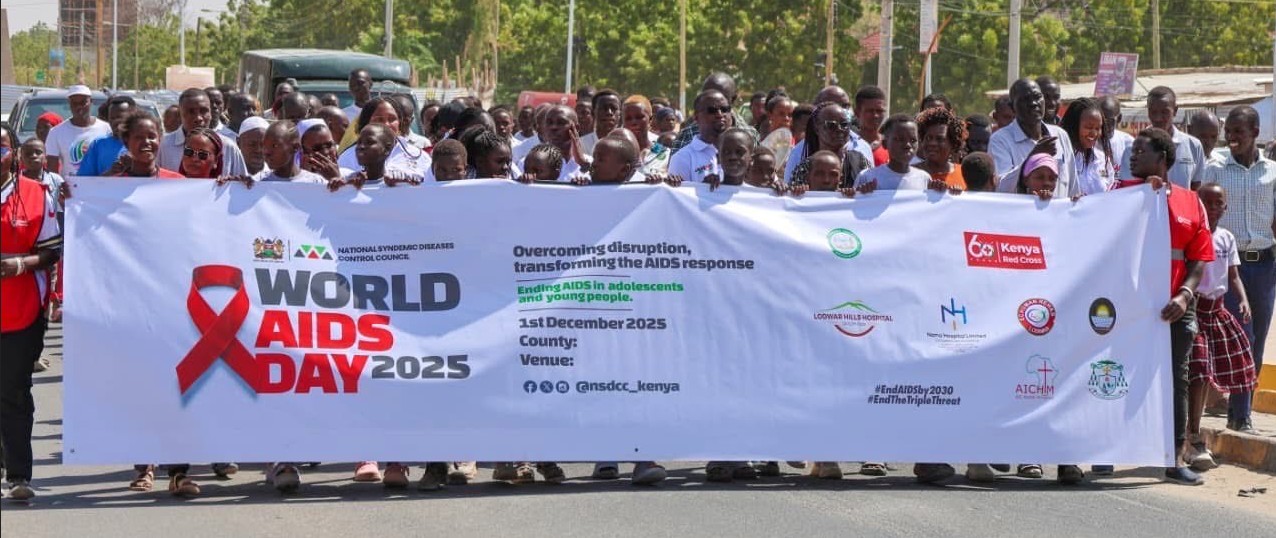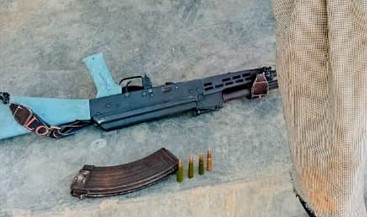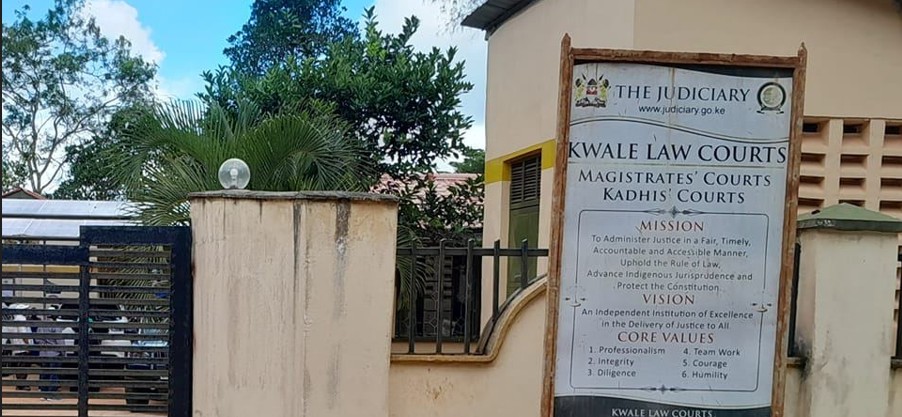Kenya, Finland reaffirm support for Somalia peace efforts amid ATMIS drawdown

Mudavadi emphasised the importance of keeping the global community engaged in Somalia's peace process, especially as ATMIS draws down its forces and transfers responsibilities to Somali national security institutions and the newly established AUSSOM.
Kenya and Finland have renewed their commitment to supporting peacebuilding efforts in Somalia, with a focus on sustaining international engagement during the transition from the African Union Transition Mission in Somalia (ATMIS) to the new African Union Support and Stabilisation Mission in Somalia (AUSSOM).
The announcement followed a high-level consultative meeting between Kenya’s Cabinet Secretary for Foreign and Diaspora Affairs, Musalia Mudavadi, and Finnish President Alexander Stubb. The meeting took place at the historic Kultaranta Presidential Castle during the ongoing Kultaranta Talks in Naantali, Finland.
More To Read
- Somalia on high alert as Marburg virus outbreak hits neighbouring Ethiopia
- Mogadishu police, intelligence agents crack down on armed groups after surge in street crime
- Somalia declares drought emergency as millions face hunger after failed rains
- International Rescue Committee warns millions at risk as drought intensifies across Northern Somalia
- Somali Region frees ‘121 unlawfully detained’ people, ‘pardons’ two jailed journalists, Rights Commission says
- South Sudan and Somalia eye group stage in FIFA Arab Cup 2025 qualifiers
Mudavadi said that the discussions were centred on the evolving security dynamics in Africa, particularly in the Horn of Africa region, which continues to experience significant security and political transitions.
He emphasised the importance of keeping the global community engaged in Somalia's peace process, especially as ATMIS draws down its forces and transfers responsibilities to Somali national security institutions and the newly established AUSSOM.
“We highlight the critical need to sustain international momentum behind Somalia’s peacebuilding process, especially in light of the ongoing ATMIS drawdown and heightened regional sensitivities,” said Mudavadi.
During the bilateral discussions, both leaders reaffirmed their commitment to multilateralism and highlighted the value of African-led solutions in addressing security challenges.
They agreed that regional frameworks such as the East African Community (EAC), the Southern African Development Community (SADC), and the Intergovernmental Authority on Development (IGAD) play a central role in promoting sustainable peace and security on the continent.
The two leaders also explored the idea of involving eminent persons in facilitating inclusive dialogue and promoting long-term stability in areas affected by conflict. The leaders acknowledged the complex nature of regional conflicts and the necessity of dialogue-driven approaches in resolving tensions.
President Stubb assured Kenya of continued European support for African regional bodies in their peace and security efforts. He noted that Europe remains committed to working with African institutions to help stabilise conflict-prone regions and support governance structures capable of sustaining peace.
“I welcomed President Stubb’s assurance of Europe’s continued support for Africa’s regional bodies as they pursue lasting peace and security on the continent,” Mudavadi said following the talks.
The discussion came at a critical time for Somalia, as the AUSSOM mission, which officially replaced ATMIS in early 2025, faces serious financial constraints. Despite being tasked with supporting stabilisation, reconstruction, and capacity-building efforts in Somalia, AUSSOM has yet to secure a stable funding arrangement. Appeals for international financial backing have not yielded the necessary results.
The United Nations Security Council missed a key deadline to commit to a long-term financial package for the mission.
Meanwhile, the United States has declined to contribute funds, citing concerns about operational inefficiencies and issues related to equitable burden-sharing among donors. This lack of financial support now threatens the operational capability of AUSSOM and raises concerns over whether the security progress achieved under ATMIS can be sustained.
The funding crisis has cast uncertainty over the mission’s future and poses risks to the fragile stability that Somalia has achieved in recent years.
Analysts have warned that the inability to maintain robust security operations could create openings for militant groups to regroup and reverse the security gains made through years of regional and international military and political support.
Top Stories Today












































